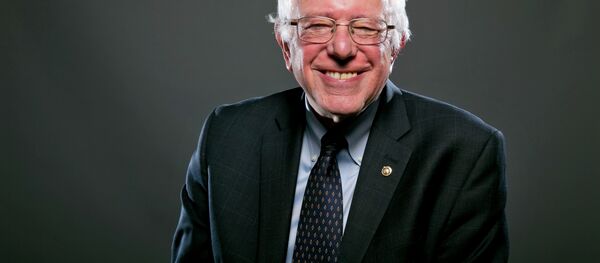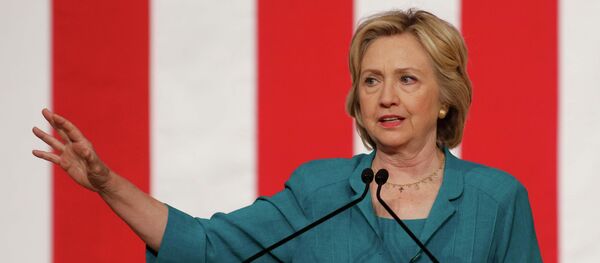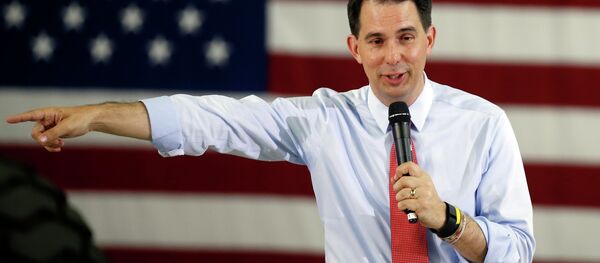A recent New York Times/CBS poll found that 84% of Americans think money is too influential in the political arena, and 85% want the campaign financing system completely rebuilt or at least fundamentally changed.
However, those Americans are wrong, according to a study by Yahoo Finance.
"With so much concern about democracy for sale, Yahoo Finance set out to ask a basic question: Are rich donors buying election results? We scrutinized thousands of federal records on campaign donations in presidential and congressional campaigns in 2012 and 2014, and came up with this simple answer: no."
Yahoo looked at the top 10 individual donors to campaigns and Super PACs, as well as the top 10 biggest Super PACs, and checked to see how often the candidates the donors and Super PACs supported won. Yahoo found that that big money's candidates did not win every time.
However, Yahoo fell victim to the "streetlight effect," drawing conclusions just from what is easy to measure, rather than everything about reality, says Jon Schwarz, of the Intercept.
According to Schwarz, the top four flaws from the study are:
Yahoo does not know who the top individual donors were and how much they gave – because nobody does.
Yahoo lists billionaire Charles Koch, of Koch Industries, as its No. 10 donor for the 2012 and 2014 elections, giving only $5 million.
However, as Schwarz points out, Yahoo did not include donations to "dark money" political organizations, which go to great lengths to conceal the identity of their contributors.
According to the Washington Post and Center for Responsive Politics, the Koch network raised at least $407 million in 2012 alone.
Giving lots of your money to losers is not a sign of failure.
Yahoo failed to consider that political spending is going to concentrate on races where money can have the biggest impact.
The fact that big donors' candidates do not all win, Schwarz says, does not mean donors have not bought races. Rather, it indicates they are investing their money wisely.
There is a political spectrum beyond the one between corporate Republicans and corporate Democrats.
While the biggest political donors may disagree on some issues, they generally agree on many more, Schwarz says.
So while large majorities of Americans often strongly disagree with the positions where the bipartisan donor class finds consensus, they usually have no one to represent them, he continues.
There is much, much more to money and politics than elections.
Writes Schwarz: "Human beings vote, at most, every two years. Money votes every day. That's why in many cases it doesn't actually matter much which politicians are in office."
According to the Center for Responsive Politics, the total disclosed money spent lobbying – which does not actually capture all of it – will be about $13 billion from 2012 to 2015. By contrast, the 2012 and 2014 federal elections cost a combined total of about $10 billion.




